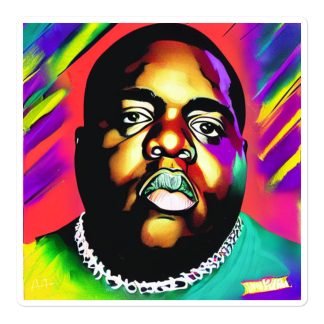
“Mentor.” After hearing the word in a positive repetition over a short amount of time, it started to sink in. As the word grew louder, I began to wonder what it was, what it meant, and how it is applied.
One of my first questions was: is it a word of practical action or a simple noun? At first glance I was really surprised to find the volume of directions the word can take. The fact that there are over one hundred million search results for the word didn’t faze me. The encouraging joy came with the questions and definitions of what “mentor” meant. The common questions I found varied from: what is a mentor, what is an example of a mentor, what is a mentoring relationship, even what is a mentor protege?
For starters, the word “mentor” is Greek in origin and is the name of the adviser of Homer’s son in “The Story of Odyssey”.
Knowing the origin of the word created a small thought and, honestly, started me on my own adventure to discover: what is mentoring? Is it just a simple word and tool that, when applied or utilized, acts as a checklist of sorts? Or, through a genuine joy of teaching someone, is it a relationship cultivated to grow a person, while I–myself–grow from passing one knowledge, skill, talents?
I don’t know what I’m looking for or what I will find as I continue to look at the depths of this word. I do know I’m looking forward to learning what this word truly means.
The importance of being independent and an individual take form over time, it’s a lifelong journey. The great road to success has peaks and valleys of walking alone as well as carrying positive influences. I wonder what influences shape and continue to shape me as I grow. In an era of technological advancements and less one-on-one interaction, where does mentoring fit in and how will it look in the future?
Stayed tuned for part 2.





